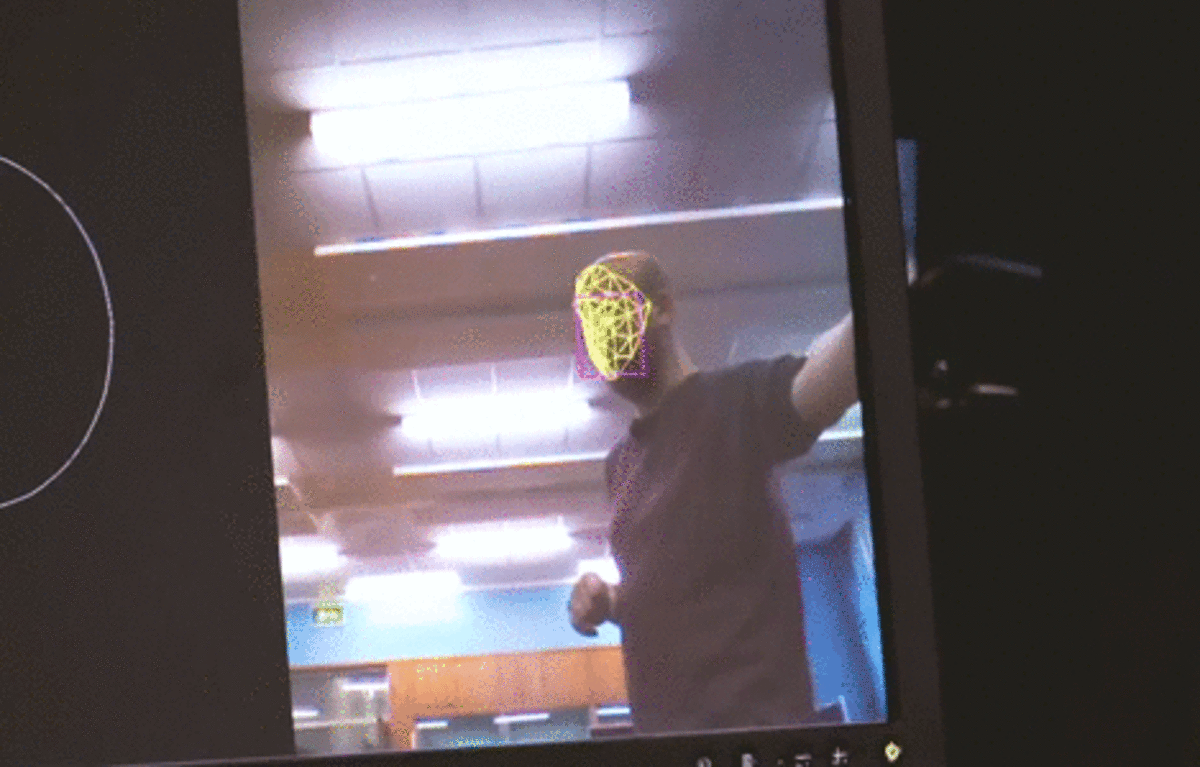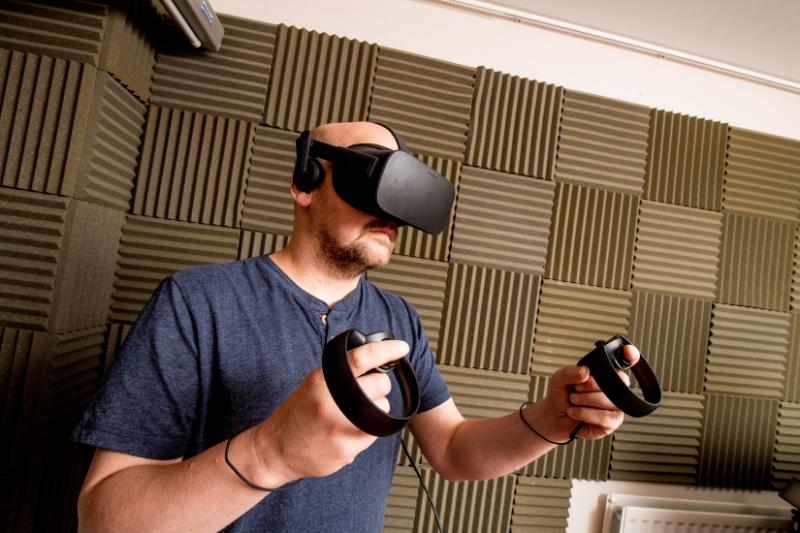Social Interactions
Our daily interactions with other people and groups are guided by various social signals including speech, body movements, facial expressions, and nonverbal vocalisations . The Social Interaction Lab analyses these signals and behaviours in both controlled environments and non-controlled social settings. Helped by the latest technologies we investigate empathy, gossip, laughter, facial expressions, interactions between groups, and human factors in cybersecurity. In the social interaction lab we not only focus on understanding the dynamics of social interactions, but also develop new statistical and experimental techniques for their study.
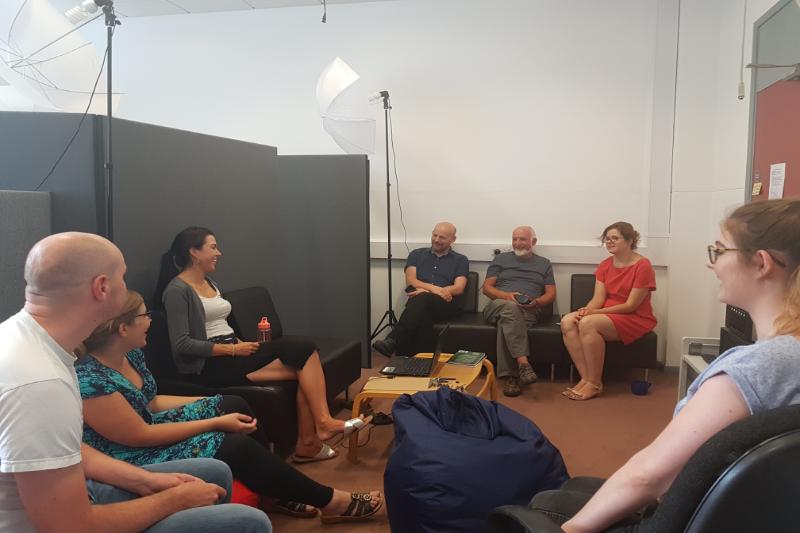

The role of social context in interpreting and producing laughter
Laughter is arguably the most persuasive, yet least understood, aspect of social interaction. Increasing evidence suggests laughter is more nuanced than a simple response to humour, and has a critical role in regulating social interaction. This project explores the extent to which laughter’s production and interpretation is determined in context in which it occurs.
Project Collaborators:
- William Curran
- Gary McKeown
- Magdalena Rychlowska
- Ian Sneddon
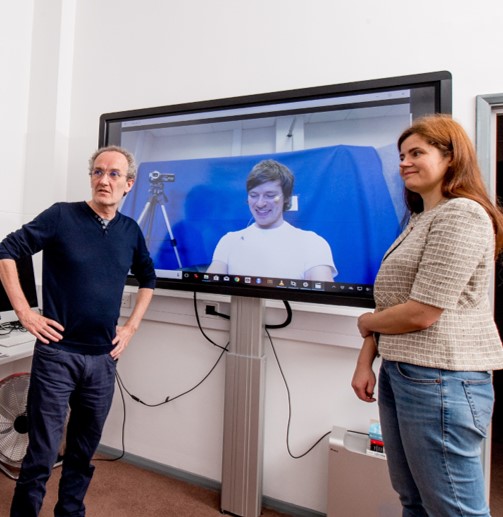
Facial mimicry and emotion recognition
Facial mimicry is a quick, unconscious and automatic imitation of another person’s facial movements. Existing evidence links this process with embodied simulation of emotion expressions but this association is yet to be fully understood. This project examines how blocking facial mimicry influences judgments of facial expressions and observers’ reliance on contextual information when interpreting other people’s feelings and intentions. We also explore whether the use of dummies in infants interferes with facial mimicry and how it affects social competence and emotion recognition skills.
Project Collaborators:
- Sylvie Droit-Volet, University of Clermont Auvergne
- Eva Krumhuber, University College London
- Paula Niedenthal, University of Wisconsin-Madison
- Anna Orlowska, Polish Academy of Sciences
- Magdalena Rychlowska, Queen’s University Belfast
- Piotr Szarota, Polish Academy of Sciences
- Ross Vanderwert, Cardiff University
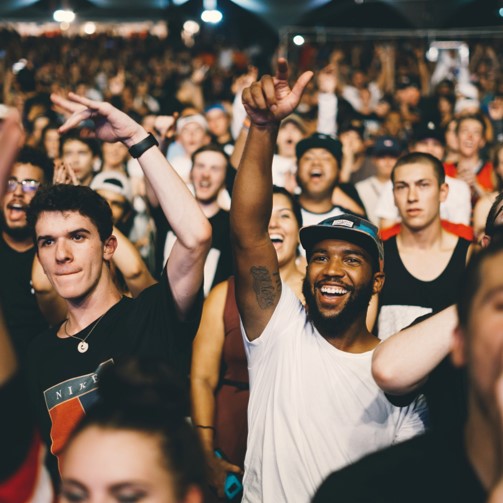
Emotion expressions in decision-making
Significant interpersonal, intergroup, and societal consequences hinge on whether emotion regulation is deployed and whether it is detected or misinterpreted by others. In this collaborative project we focus on how social interactions are affected by perceptions of other people’s expression and regulation of emotion.
Project Collaborators:
- Stephanie Carpenter, University of Michigan
- Celso de Melo, US Army Research Laboratory
- Jonathan Gratch, University of Southern California
- Antony Manstead, Cardiff University
- Jared Martin, New York University
- Paula Niedenthal, University of Wisconsin-Madison
- Brian Parkinson, University of Oxford
- Magdalena Rychlowska, Queen’s University Belfast
- Danielle Shore, University of Oxford,
- Job van der Schalk, Cardiff University
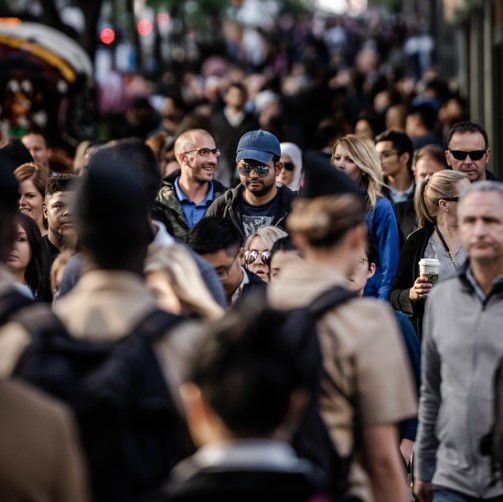
Heterogeneity of historical migration and emotion expression
Despite their relative universality, nonverbal displays of emotion are often sources of cross-cultural misunderstandings. Historical and present socio-ecological circumstances provide a promising framework for explaining why different cultures developed varying modes of emotional expression. In this project we investigate and measure historical heterogeneity, a construct that describes the number of source countries that contributed to the present population of a given culture.
Project Collaborators:
- Stian Grønlund, Queen’s University Belfast
- Andrew Langbehn, University of Wisconsin-Madison
- Paula Niedenthal, University of Wisconsin-Madison
- Magdalena Rychlowska, Queen’s University Belfast
- Adrienne Wood, University of Virginia
- Fangyun Zhao, University of Wisconsin-Madison
Niedenthal, P. M., Rychlowska, M., Zhao, F., & Wood, A. (2019). Historical Migration Patterns Shape Contemporary Cultures of Emotion. Perspectives on Psychological Science, 14(4), 560–573. doi: 10.1177/1745691619849591
Rychlowska, M., Schalk, J. V. D., Gratch, J., Breitinger, E., & Manstead, A. S. (2019). Beyond actions: Reparatory effects of regret in intergroup trust games. Journal of Experimental Social Psychology, 82, 74–84. doi: 10.1016/j.jesp.2019.01.006
Shore, D. M., Rychlowska, M., Schalk, J. V. D., Parkinson, B., & Manstead, A. S. R. (2019). Intergroup emotional exchange: Ingroup guilt and outgroup anger increase resource allocation in trust games. Emotion, 19(4), 605–616. doi: 10.1037/emo0000463
Curran, W., McKeown, G. J., Rychlowska, M., André, E., Wagner, J., & Lingenfelser, F. (2018). Social context disambiguates the interpretation of laughter. Frontiers in Psychology, 8, Article 2342. https://doi.org/10.3389/fpsyg.2017.02342
Niedenthal, P. M., Rychlowska, M., Wood, A., & Zhao, F. (2018). Heterogeneity of long-history migration predicts smiling, laughter and positive emotion across the globe and within the United States. Plos One, 13(8). doi: 10.1371/journal.pone.0197651
Orlowska, A. B., Krumhuber, E. G., Rychlowska, M., & Szarota, P. (2018). Dynamics Matter: Recognition of Reward, Affiliative, and Dominance Smiles From Dynamic vs. Static Displays. Frontiers in Psychology, 9. doi: 10.3389/fpsyg.2018.00938
Niedenthal, P. M., Rychlowska, M., & Wood, A. (2017). Feelings and contexts: socioecological influences on the nonverbal expression of emotion. Current Opinion in Psychology, 17, 170–175. doi: 10.1016/j.copsyc.2017.07.025

